

Tao Te Ching
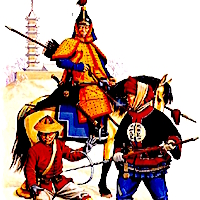
One Taste
Vajrayana Buddhism describes “One Taste” as a stage on the path to enlightenment. Normally, we want what we want and don’t want what we don’t want. Here, we want what we have and don’t want what we don’t have. We stop believing our goal-oriented thought patterns that hypnotize us into believing we’ll be happy if we get what want and unhappy if we don’t. In this uncertain world with ever-increasing change and uncertainty, believing our thoughts require a tremendous amount of arrogance. Forgetting all experiences of disillusionment after achieving goals requires a tremendous amount of ignoring. The Taoist Farmer Story vividly exemplifies this with short vignettes in a quick sequence of opposite results from events that first seem extremely positive and negative.
In Eastern traditions, there is much discussion revolving around Duality and Non-duality, One Taste, and Oneness. In Western traditions, these discussions often categorize under the term, Monism. Our direct experience always has a unified wholeness but the foundation of our thinking process continually creates distinctions, separations, dualistic paradox, and conceptual fixations. While this process of separation and categorization may at times benefit the pragmatic details of daily living, it also creates “golden chains” curtailing our creativity, innovation, individuality, and the most wise and skillful means of living our lives. While the seductive pulls of “Two Tastes” normally pull us one way or the other, the possibility of reconciling and unifying these opposites leads to the most wise and compassionate paths leading to happiness, peace, wisdom, and enlightenment.
Quotes (77)
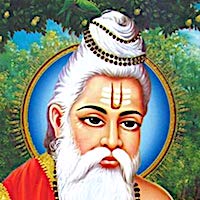
“Learn to look with an equal eye upon all beings, seeing the one Self in all.”

“Be even-tempered in success and failure; for it is this evenness of temper which is meant by yoga.”

“Never engage in action for the sake of reward… alike in success and defeat.”
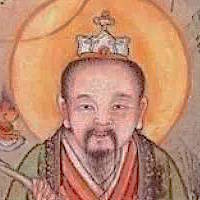
“Regard all things of the world as equal, understand that life and death are cyclical and ultimately the same.”
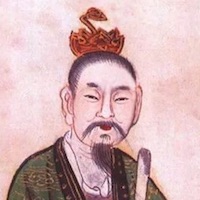
“Nothing pleases them, nothing pains them, nothing delights them, nothing angers them... When you have no likes or dislikes, this is the consummation of evenness... When you neither grieve nor delight, this is the consummation of virtue.”
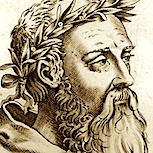
“Men do not know how what is at variance agrees with itself. It is an attunement of opposite tensions, like that of the bow and the lyre.”
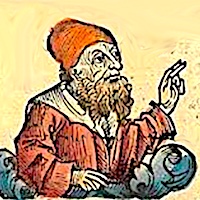
“Because of the weakness of our senses, we can't judge the truth. What appears is a vision of the unseen... in everything there is a portion of everything.”
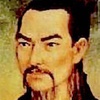
“universality is the source of all the great benefits in the world and partiality is the source of all the great harm.”
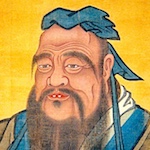
“The wise—having realized the Tao—draw deeply upon it and find its source wherever they turn.”
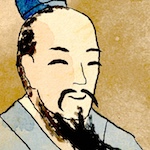
“What he saw as One was One, and what he saw as not One was also One... better to forget both and lose oneself in the Tao.”

“The words of arguments are all relative. To reach the absolute, the truth, we have to harmonize opposites and follow their natural evolution.”
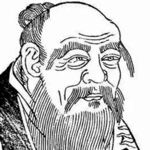
“The Tao is great because there is nothing it does not encompass… It gives without seeking a reward it nourishes all creatures and takes nothing for itself… the nature of the Tao is to be itself. It does not imitate anything else.”
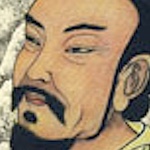
“sages alone do not leave their sacred ground… They do not plan ahead yet do not abandon opportunity… They do not seek to gain yet do not reject misfortune.”
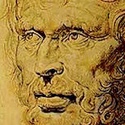
“Piety lies not in praying or prostrating to images, in going to temples, or in rituals, beliefs, and practices. It lies in looking upon all things with equanimity and peace.”

“They are satisfied with their food because they taste the Tao. They are pleased with their clothing because they are adorned with virtue. They are content with their homes because they are content wherever they are.”
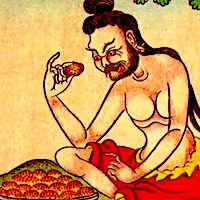
“In ignorance, different flavors are distinct; in realization, all flavors are essential one.”
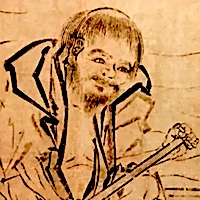
“refrain from giving rise to the idea of 'no traces' or absolute voidness within which you should not abide, for in that case, you would give rise to the idea of 'no traces,' both 'traces' and 'no traces' being in the realm of dualism and having no place in absolute reality”
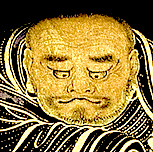
“those who seek for something objective outside their own minds have all turned their backs on the Way…Buddhas and sentient beings do not differ at all.”
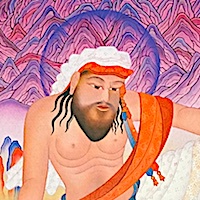
“When the midstream has become clear light—the indivisibility of appearances and emptiness—free of inhibition, you can wander in the villages as a crazy saint.”
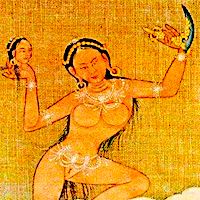
“When all inner and outer phenomena are perceived as mind, all things have the same flavor.”
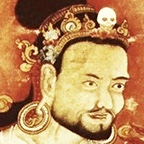
“In absolute truth, there is no path to be practiced, no difference between what is to be abandoned and the antidote, and nothing abandoned or realized in fruition... everything is produced not by one cause and not by one condition, but rather through the collective force of coincidence.”
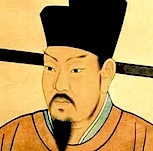
“To perceive shortening in lengthening, weakening in strengthening, toppling in raising, taking in giving, how could anyone do this if not through the deepest insight? This is the hidden light.”

“Although it has no taste, shape, or sound with which to please people, those who use it can never exhaust it.”

“In light there is darkness; where it operates no traces remain. With the hundred grass tips in the busy marketplace graciously share yourself. Wide open and accessible, walking along, casually mount the sounds and straddle the colors while you transcend listening and surpass watching.”
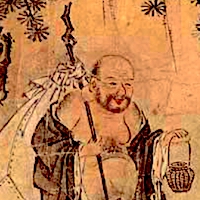
“As soon as the six senses merge, the gate is entered This unity is like salt in water, like color in dyestuff. The slightest thing is not apart from self.”

“Although everything has Buddha nature, we love flowers, and we do not care for weeds.”
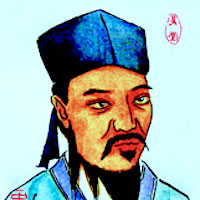
“All existence involves contrasting pairs. When one is present, both are present. When one is absent, both are absent.”

“When a person sees All in all, then they stand beyond mere understanding.”
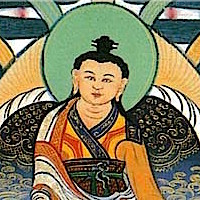
“Given that they are of one taste in naturally lucid awakened mind, samsara and nirvana are fully encompassed within the scope of awareness”
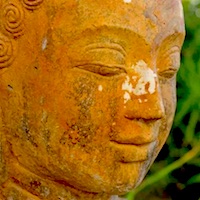
“If you hear the wordless sutra once, the heavens will become sutras filled with golden words, clear and obvious before you.”
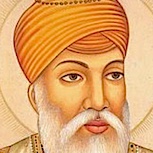
“The river and its waves are one surf: where is the difference between the river and its waves? When the wave rises, it is the water; and when it falls, it is the same water again. Tell me, Sir, where is the distinction? Because it has been named as wave, shall it no longer be considered as water?”
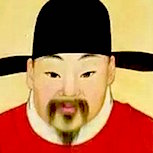
“The past 5,000 words all explain 'the Tao of not accumulating’, what Buddhists call 'non-attachment’. Those who empty their minds on the last two lines will grasp most of Lao-tzu's book.”
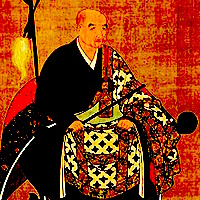
“Live always with the mind of total nothingness, and the evils that come to you will dissipate completely.”
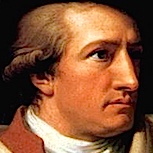
“Spirit and matter, soul and body, thought and extension are necessary twin ingredients of the universe, and will be forever with equal rights. Those who do not grasp this and rise to the vision might as well waste away their days with the world's idle gossip.”
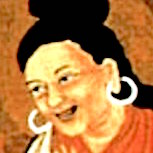
“Because you have realized that everything has one taste in being empty, the delusion of fixating on enemy and friend collapses and there is no thought of dualistic fixation on self and other.”
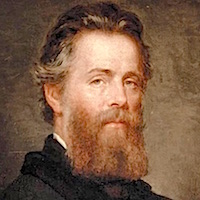
“a laugh's the wisest, easiest answer to all that's queer; and come what will, one comfort's always left—that unfailing comfort is, it's all predestinated... I know not all that may be coming, but be it what it will, I'll go to it laughing.”
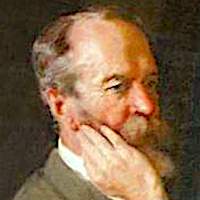
“What our intellect really aims at is neither variety nor unity taken singly, but totality.”

“Quiet minds cannot be perplexed or frightened but go on in fortune or misfortune at their own private pace, like a clock during a thunderstorm.”
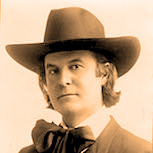
“Get rid of your regrets. You are what you are because of what you've experienced. And rightly understood and accepted, all experiences are good, bitter ones best of all.”
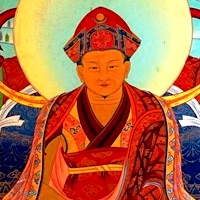
“If you don't cling, whatever arises is naturally freed. Simply remain in the great equal taste without rejecting or accepting.”
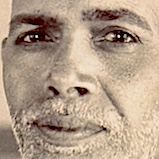
“Does a man who is acting on the stage in a female part forget that he is a man? Similarly, we too must play our parts on the stage of life, but we must not identify ourselves with those parts.”

“They looked at each other silently; but in his heart the young man said, 'There but for the lack of time , go I.' and in his eyes the old man said, 'I, too, was once young like you; hungry for knowledge, hopeful of achievment, eager for change.”

“perhaps one has to be very old before one learns how to be amused rather than shocked.”
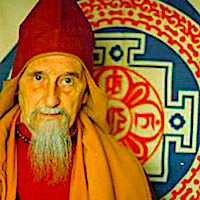
“The ultimate way of Being lies beyond all contradictory pairs of opposites with which our two dimensional thinking mind operates. As soon as we are successful in silencing the restless activity of the thinking mind and give a chance to intuition, the pure all embracing spirit in us will manifest effortlessly.”
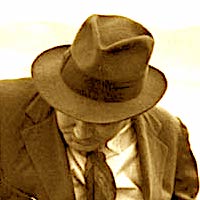
“If we are always arriving and departing, it is also true that we are eternally anchored. One's destination is never a place but rather a new way of looking at things.”
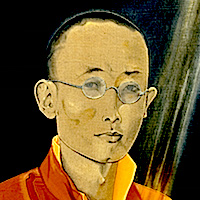
“Into the sphere of clear light, empty, without edge or center, the nature of the mind, grasping nothing, dissolves as one taste. If only I had the good fortune to practice this day and night, knowing for myself unspoken untainted bliss.”
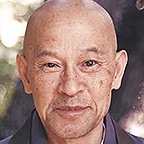
“Each existence depends on something else. Strictly speaking, there are just many names for one existence… We have nowhere to escape… That is why we emphasize everyday life rather than some particular state of mind. We should find the reality in each moment, and in each phenomenon.”
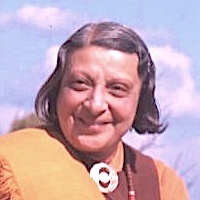
“Wisdom that is not put into action is without true value; therefore ghanta—which symbolizes awakened wisdom—and vajra—which symbolizes the power to actively realize the means of compassion—must act together.”

“good and bad are words which have meaning only with reference to the individual, never to the whole. If we take the universe, the Tao, as a whole, we discover that there are no such qualities as 'good' and 'bad'... it may seem bad for me, but it will not be bad for the universe!”

“There is a tendency for living things to join up, establish linkages, live inside each other... Any cell – man, animal, fish, fowl, or insect – given the chance and under the right conditions, brought into contact with any other cell, however foreign, will fuse with it.”

“My wife loves me; ‘O what joys behind hibiscus curtains!’ My wife has left me; how peaceful it is now. Old Wang has a delicious concubine I have a charming blue-eyed cat.”
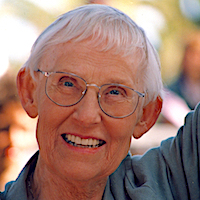
“If the universe is just arising with no space and time, it means everything that is arising is of equal importance. It means all these things are equally arising”
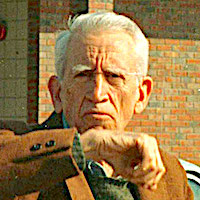
“all legitimate religious study must lead to unlearning the differences, the illusory differences, between boys and girls, animals and stones, day and night, heat and cold.”
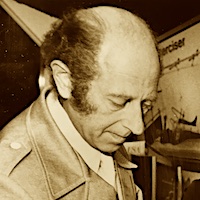
“Wholeness, rather than fragmentation, is the basic nature of reality... In effect, the fragmentation expressed in conventional medicine and in our social relations may be a distortion of nature, a false premise which has permeated our lives.”
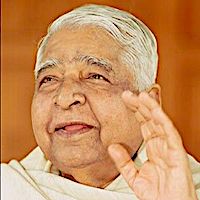
“Let us focus on the commonalties of all religions, on the inner core of all religions which is purity of heart. We should all give importance to this aspect of religion and avoid conflict over the outer shell of the religions, which is various rites, rituals, festivals and dogmas”
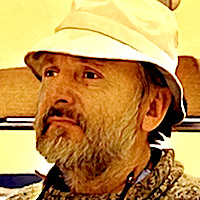
“The cutting edge of this instant right here and now is always nothing less than the totality of everything there is.”
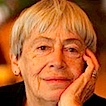
“…the endlessness of all that is, and the limitation of mortal bodily life, are the same, and their sameness is the key to the door.”

“low and high, winning and losing, destruction and self-destruction, reverse themselves, each turning into its seeming opposite.”
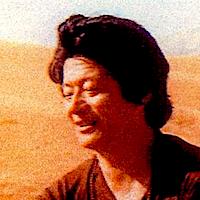
“Enlightened mind reflects all the five wisdoms in equanimity. But... because of our obscured ordinary mind, our ego makes categories out of equanimity. With ego and categories come substance, with the birth of substance comes its death, and with death comes suffering.”
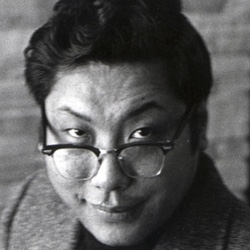
“One taste does not mean that everything becomes gray and tasteless. By one taste, we mean the absence of all tastes. Tasting in this way becomes very natural and very beautiful. One taste is no taste; therefore, it is everything.”

“You begin to experience the simplicity of awareness,so although the sensorial hallucinations might continue, they don’t mean anything to you. There is a quality of one flavor, or one taste.”

“Relationships chisel the final shape of one’s being. I am me, and you.”
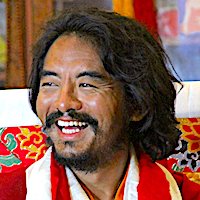
“Everything we perceive is a reconstruction created in the mind... there's not difference between what is seen and the mind that sees it.”

“consciousness is the greatest mystery in the universe, and mundane feelings of heat and itching are every bit as mysterious as feelings of rapture or cosmic oneness”

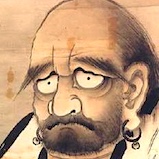

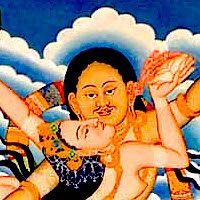
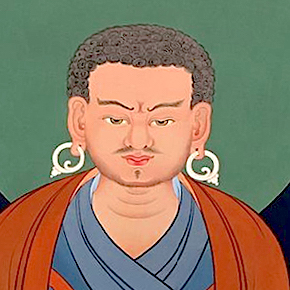

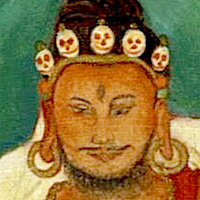
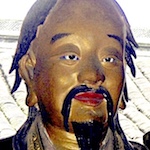


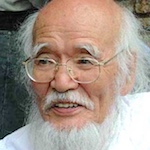
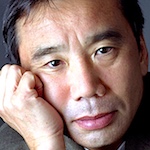
Comments (0)